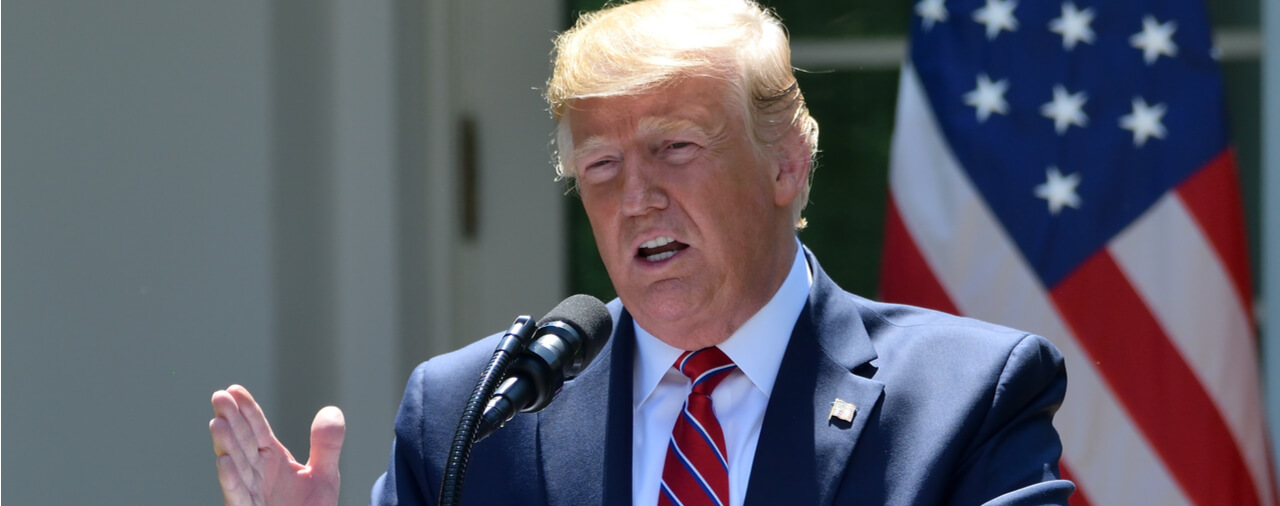Encouraging Point on Israel in the Trump National Security Strategy Document
On December 18, 2017, the Trump Administration released its National Security Strategy document [PDF version]. In a separate post, I examined its points discussing border security and immigration in detail [see blog]. Here, I will step away from immigration policy for a moment to examine an interesting paragraph from the National Security Strategy that concerned U.S. policy toward Israel.
On page 49 of the National Security Strategy, the document stated as follows:
For generations the conflict between Israel and the Palestinians has been understood as the prime irritant preventing peace and prosperity in the region. Today, the threats from jihadist terrorist organizations and the threat from Iran are creating the realization that Israel is not the cause of the region's problems. States have increasingly found common interests with Israel in confronting common threats.
The National Security Strategy document is indeed correct in noting that many nations have created and implemented policies predicated upon the assumption that tumult in the Middle East stems from the conflict between Israel and the Palestinians. This view that the conflict between the Israel and the Palestinians is a, if not the, central source of instability in the Middle East has influenced American foreign policy for seven decades. It is for this reason that the simple statement of the fact, “Israel is not the cause of the region's problems,” represents a significant rethinking of U.S. policy in the Middle East by the Trump Administration.
The National Security Strategy document correctly observes that the true sources of instability in the Middle East are terrorist organizations and Iran. It also correctly recognizes that several states in the region — most notably the Gulf monarchies — have strengthened their clandestine ties with Israel in order to confront the serious mutual threat posed by Iran.
In addition to leading to poor policy with regard to Israel, the distorted notion about the import of the conflict between Israel and the Palestinians has necessarily also distorted U.S. policy throughout the region. The Middle East is riddled with Islamist groups, terrorism, sectarian conflict, and other forms civil discord and instability. Thus, while Israel's neighbors make little secret of their distaste for the Jewish people and Jewish state, a foreign policy based upon the premise that the problems in the Middle East stem from this issue has been demonstrably unsuccessful.
In his recent recognition that Jerusalem is the capital of Israel, President Trump bucked the foreign policy consensus even before his National Security Strategy came out. I explained why his announcement was such a welcome move in a recent post [see blog]. In the aftermath, we have found, contrary to the dire warnings of American foreign policy “experts,” media outlets, and Obama Administration alums that the Middle East is no less unstable than it was before. The protests of the Arab states have been unsurprisingly meek and understated, and the reason is clear — Israel's neighbors have far more important concerns of their own than those involving Palestinians in Israel.
Both the new National Security Strategy and the recognition of Jerusalem represent the seeds of a new Middle East policy based on the truth. While there are still many concerns and issues regarding U.S. foreign policy in the region, December has been a month of hope for those of us hoping to see a new beginning in the U.S.-Israel relationship and the posture of the United States in the Middle East in general.

- Alexander J. Segal's blog
- Log in to post comments
